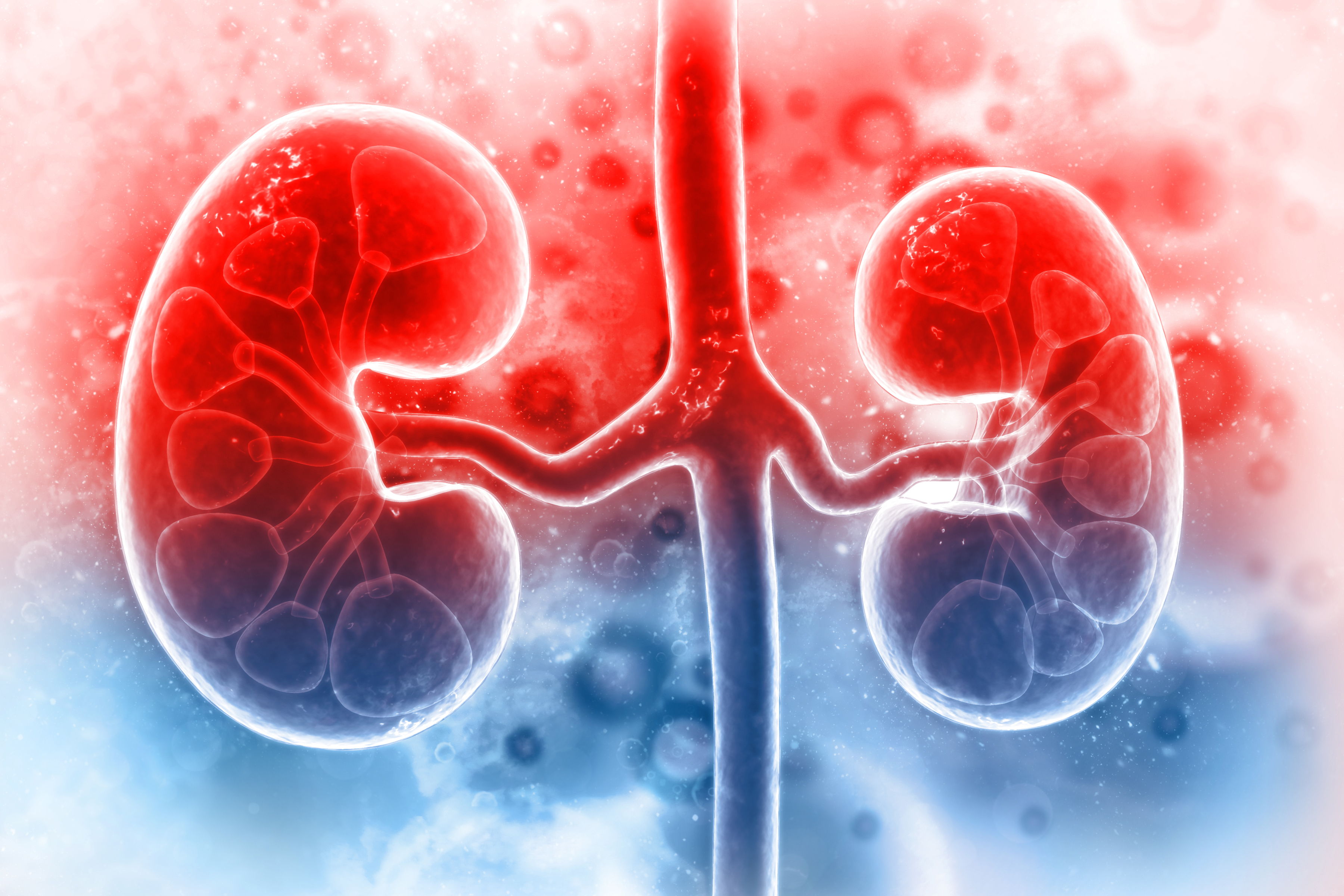Report Connects High Intakes of Salt And Potassium To Quicker CKD Progression
An increased intake of salt and potassium could lead to an increased chronic kidney disease (CKD) progression, according to a study out of the Tulane University in New Orleans. Scientists studied urinary sodium and potassium levels from 3,900 4 CKD patients over a period of three years. CKD progression was defined as developing End State Renal Disease (ESRD) or experiencing a decreased renal function. Results found that CKD patients with the highest salt levels were 54 percent more likely to experience CKD progression and a 45 percent chance of early death. For those with high potassium levels, 59 percent were more [...]


